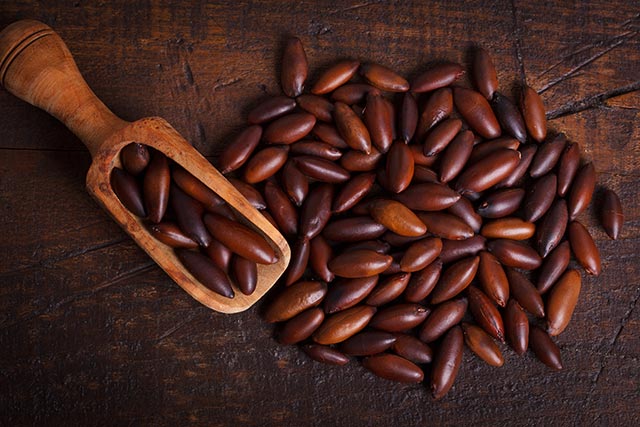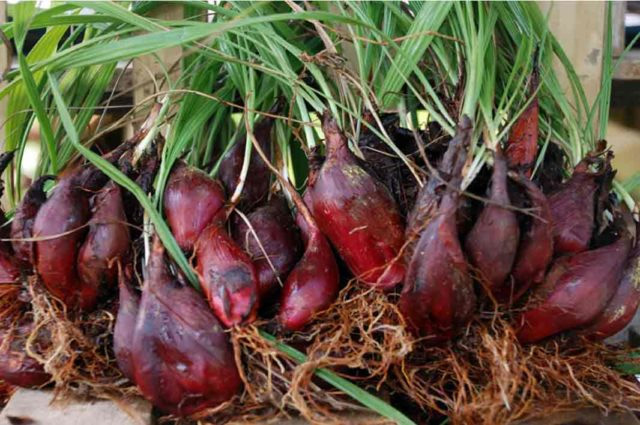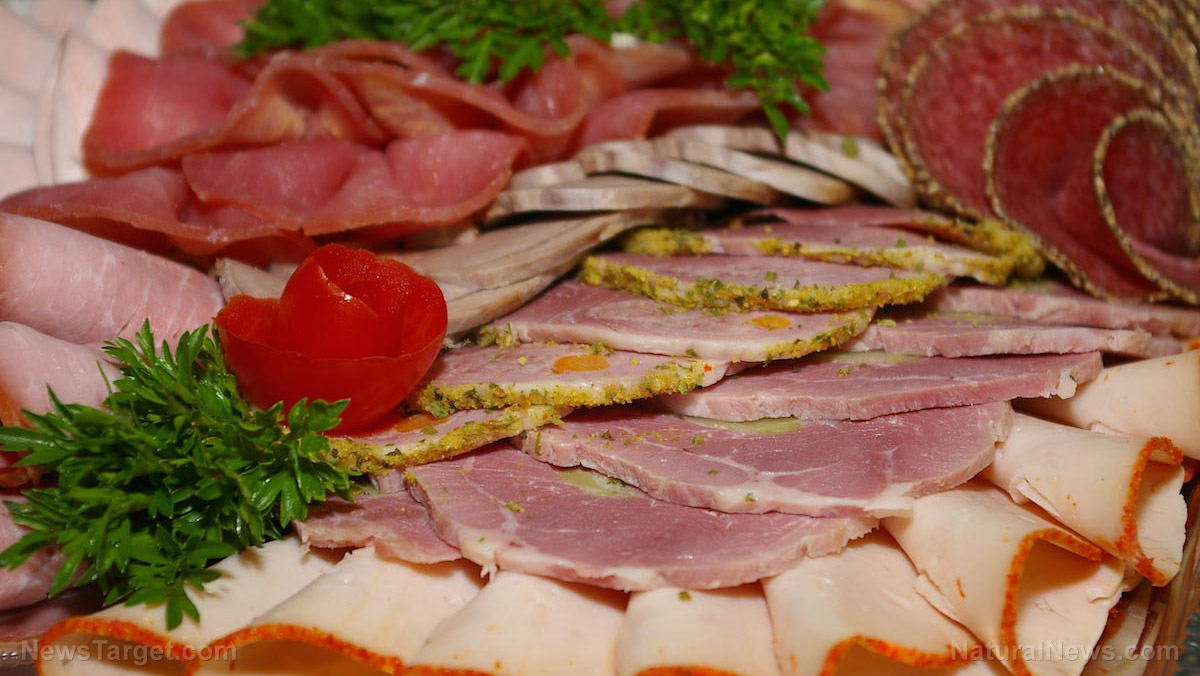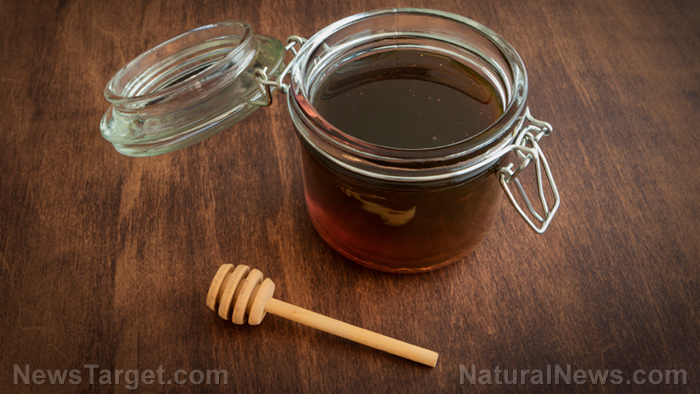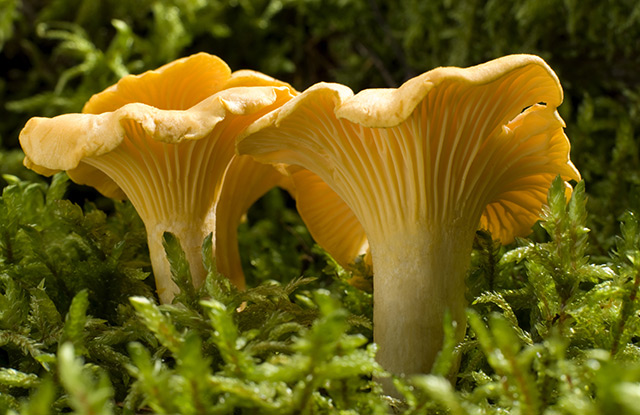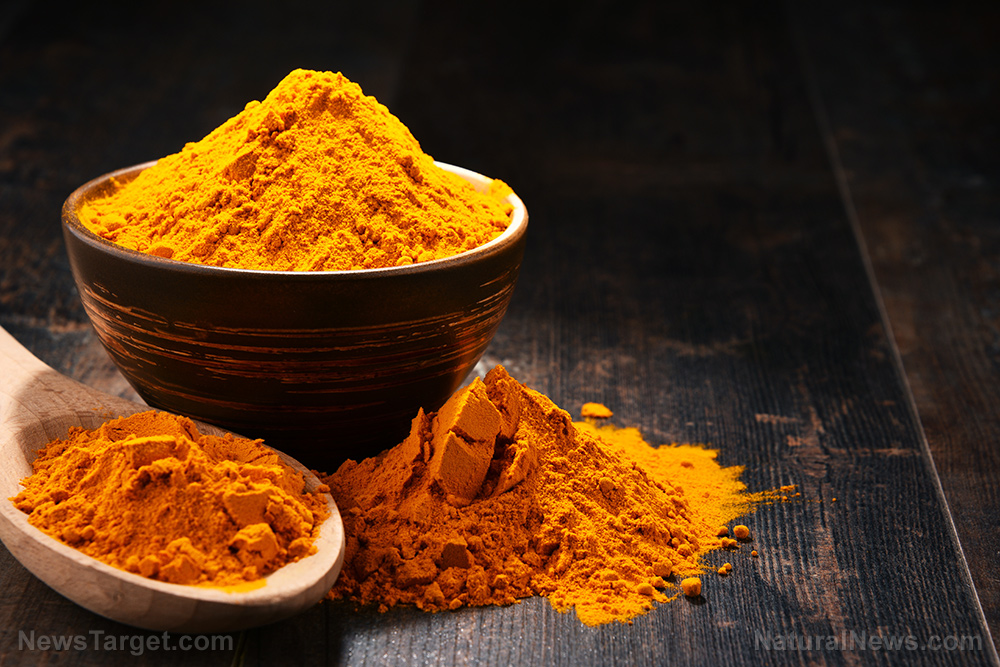Amla can help prevent obesity
10/16/2018 / By Zoey Sky

According to a study published in the Journal of Complementary and Integrative Medicine, Emblica officinalis Gaertn. (amla or Indian gooseberry) can be used to help prevent obesity. The researchers tested the fruit’s anti-obesity properties using a rat model.
- E. officinalis, which belongs to the family Phyllanthaceae, is usually called amla or Indian gooseberry. In traditional Indian medicine, healers use E. officinalis to treat different health problems.
- Separate studies suggest that E. officinalis may have potent antidiabetic, antihyperlipidemic (used to promote the reduction of lipid levels in the blood), and antioxidant activity when tested on various animal models.
- For this study, the research team set out to confirm the anti-obesity effects of aqueous E. officinalis extract when used on a murine (rat) model of high-fat diet (HFD)-induced obesity.
- The researchers observed male Wistar rats fed with a HFD for 42 days to induce obesity. The HFD-fed rats were given aqueous E. officinalis extract orally from day eight to 50 days for the testing period.
- After 42 days, the researchers measured the rats’ body weight gain, serum lipids, insulin, and leptin parameters.
- Once the HFD-induced obese rats were fed the aqueous E. officinalis extract (20 milligrams of medication per kilogram of body weight [mg/kg]), the researchers observed that the rats lost a significant amount of “body weight gain, insulin, leptin, [and] lipids” compared to rats fed HFD alone. The extract also boosted the high-density lipoprotein (HDL-C) levels of the rat subjects.
The study authors concluded that aqueous E. officinalis extract, which has potent anti-obesity properties, can be used to help individuals lose weight safely.
You can read more articles about E. officinalis and other natural remedies that can promote weight loss at Health.news.
Journal Reference:
Nazish I, Ansari SH. EMBLICA OFFICINALIS – ANTI-OBESITY ACTIVITY. Journal of Complementary and Integrative Medicine. 2017;15(2). DOI: 10.1515/jcim-2016-0051
Tagged Under: Amla, Emblica officinalis, functional food, high-fat diet, Indian Gooseberry, insulin, leptin, obesity, Phyllanthus emblica


